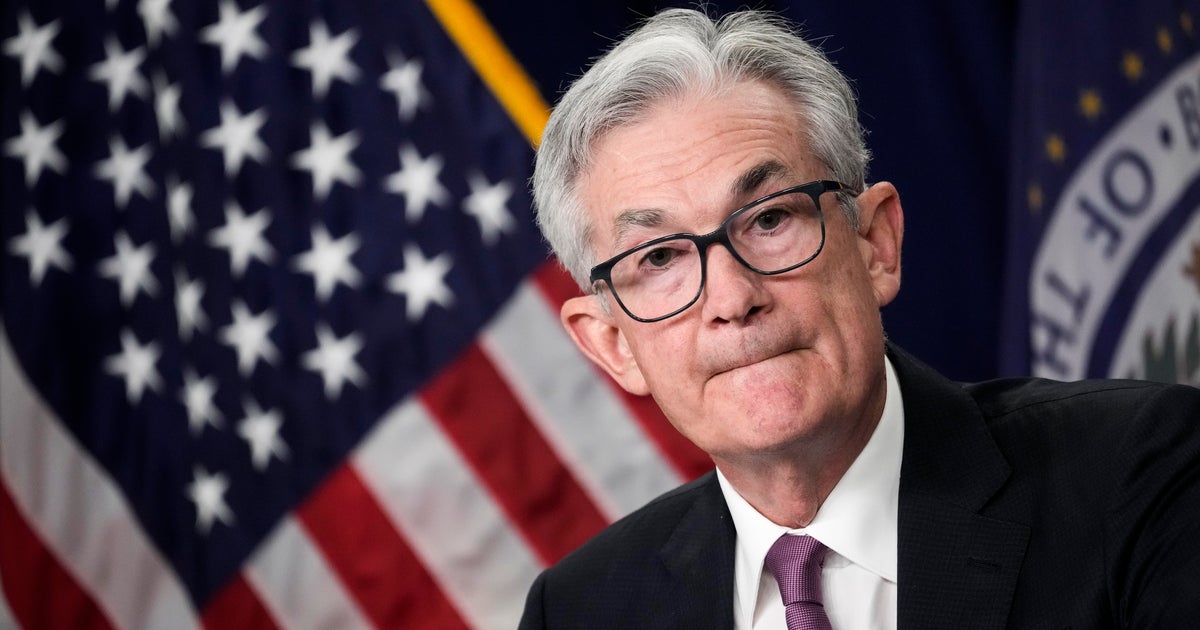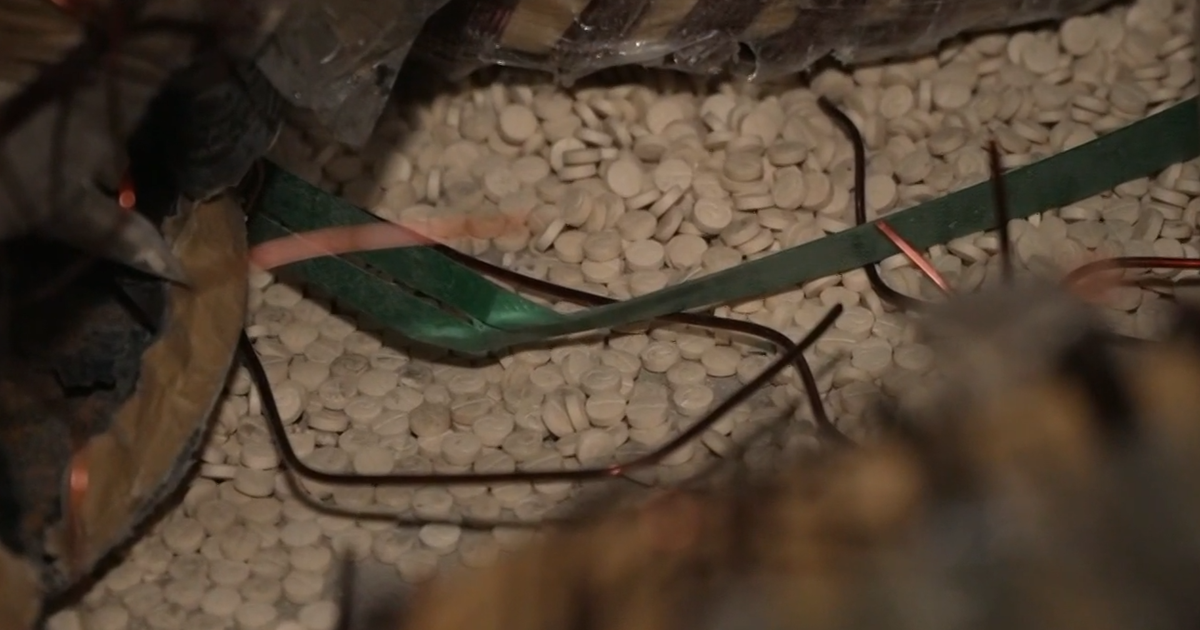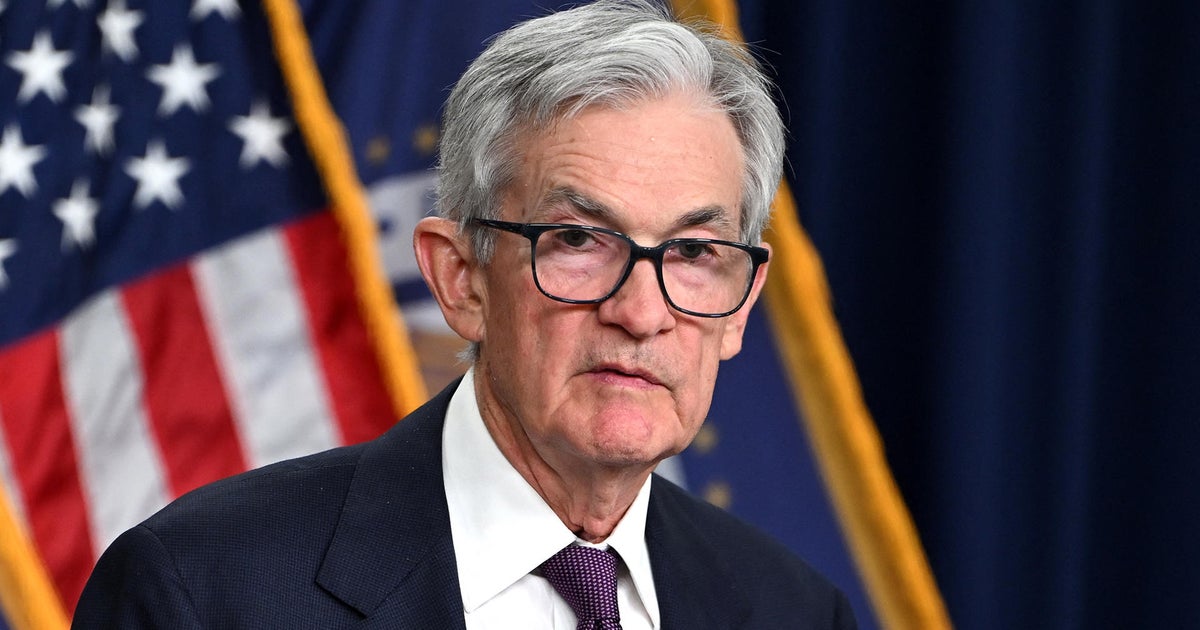CBS News
Federal Reserve cuts interest rates by 0.25 percentage points, its third reduction this year

The Federal Reserve on Wednesday announced its third consecutive interest rate cut of 2024, reducing its benchmark rate by 0.25 percentage points amid cooling inflation. The central bank has now trimmed rates by 1 percentage point since September, offering relief to Americans carrying credit card balances and other debt.
The Fed lowered the federal funds rate — the interest rate banks charge each other for short-term loans — to a range of 4.25% to 4.5%, down from its previous target range of 4.5% to 4.75%. The decision comes after policymakers slashed rates by 0.5 percentage points in September, followed by a 0.25 percentage point drop in November.
Wednesday’s move marks the Fed’s final interest rate decision prior to President-elect Donald Trump’s Jan. 20 inauguration. While price increases have cooled from their June 2022 peak, opening the door to Fed rate cuts this year, inflation has remained sticky and well above the Fed’s 2% annual target.
Consumer prices in November rose 2.7% on a yearly basis, fueled by elevated housing and food costs. Given that stubborn inflation, many analysts think the Fed is likely to make fewer rate cuts in 2025 amid concerns that could cause the economy to overheat.
At the same time, the Fed has so far defied forecasters’ warnings that its rate hikes could trigger a recession.
“While the Fed’s 2% inflation target has proven elusive so far, it has been successful in bringing inflation down from its highs without derailing an economy that continues to hum along,” noted Joe Gaffoglio, CEO of Mutual of America Capital Management, in an email before the Fed announcement. “However, if inflation continues to stay above target in the new year, the markets may be too optimistic on how many cuts the Fed may deliver.”
The Fed’s first rate meeting of 2025 is scheduled for Jan. 28-29, or after Trump’s inauguration. About eight in 10 economists expect the Fed to hold rates steady at that meeting, according to financial data firm FactSet.
—This is a developing story and will be updated.
CBS News
A look inside the U.S.-Mexico border

Watch CBS News
Be the first to know
Get browser notifications for breaking news, live events, and exclusive reporting.
CBS News
New details of notorious Captagon drug trade exposed with collapse of Syria’s Assad regime

Damascus — In a remote corner outside Damascus, a now abandoned potato chip factory has shone a light on one of the ousted Bashar al-Assad regime’s many dark, but open secrets.
A CBS News team gained access to the site, finding a storeroom lined with hydrochloric acid and acetic acid on an industrial scale, which are precursor chemicals needed to make Captagon, one of the most popular street drugs in the Middle East and beyond.
Ahmed Abu Yakin is with Syria’s Hayat Tahrir al-Sham, or HTS, one of the main groups in charge of the country after Assad fled on Dec. 8. Yakin says this massive underground stash of Captagon was found just days after the rebel group’s takeover. The pills stuffed into large stacks of household volt regulator kits ready for shipment.
Often referred to as “poor man’s cocaine,” Captagon is a highly addictive amphetamine-type stimulant.
“We feel bad for the young people who were addicted to it,” Yakin said. “The Assad regime was destroying a generation and couldn’t care less. They only cared about making money.”
And that money is staggering. Analysts estimate the Assad regime raked in $5 billion per year from the trade, dwarfing Syria’s official budget and making it a vital lifeline for the bankrupted state. The drug costs just pennies to make but can sell for up to $20 for a single tablet. The haul seen at the abandoned factory is potentially worth tens of millions of dollars.
For years, neighboring countries accused Assad’s Syria of being the world’s main supplier of the illegal drug. In March 2023, the U.S. Treasury Department sanctioned several Syrians for their alleged involvement in the “dangerous amphetamine”, including two of Assad’s cousins.
“Syria has become a global leader in the production of the highly addictive Captagon, much of which is trafficked through Lebanon,” said Andrea Gacki at the time, who was then-director of the Treasury Department’s Office of Foreign Assets Control. “With our allies, we will hold accountable those who support Bashar al-Assad’s regime with illicit drug revenue and other financial means that enable the regime’s continued repression of the Syrian people.”
Now, his wildly lucrative drug business appears to have been crushed, along with his brutal and corrupt regime. For Yakin, Captagon has no place in Syria’s future.
“We will destroy it all,” Yakin said. “We will eliminate anything that has to do with drugs, and anything that has to do with the criminal Assad regime.”
CBS News
Luigi Mangione’s lawyer says he plans to waive extradition to New York

Watch CBS News
Be the first to know
Get browser notifications for breaking news, live events, and exclusive reporting.







